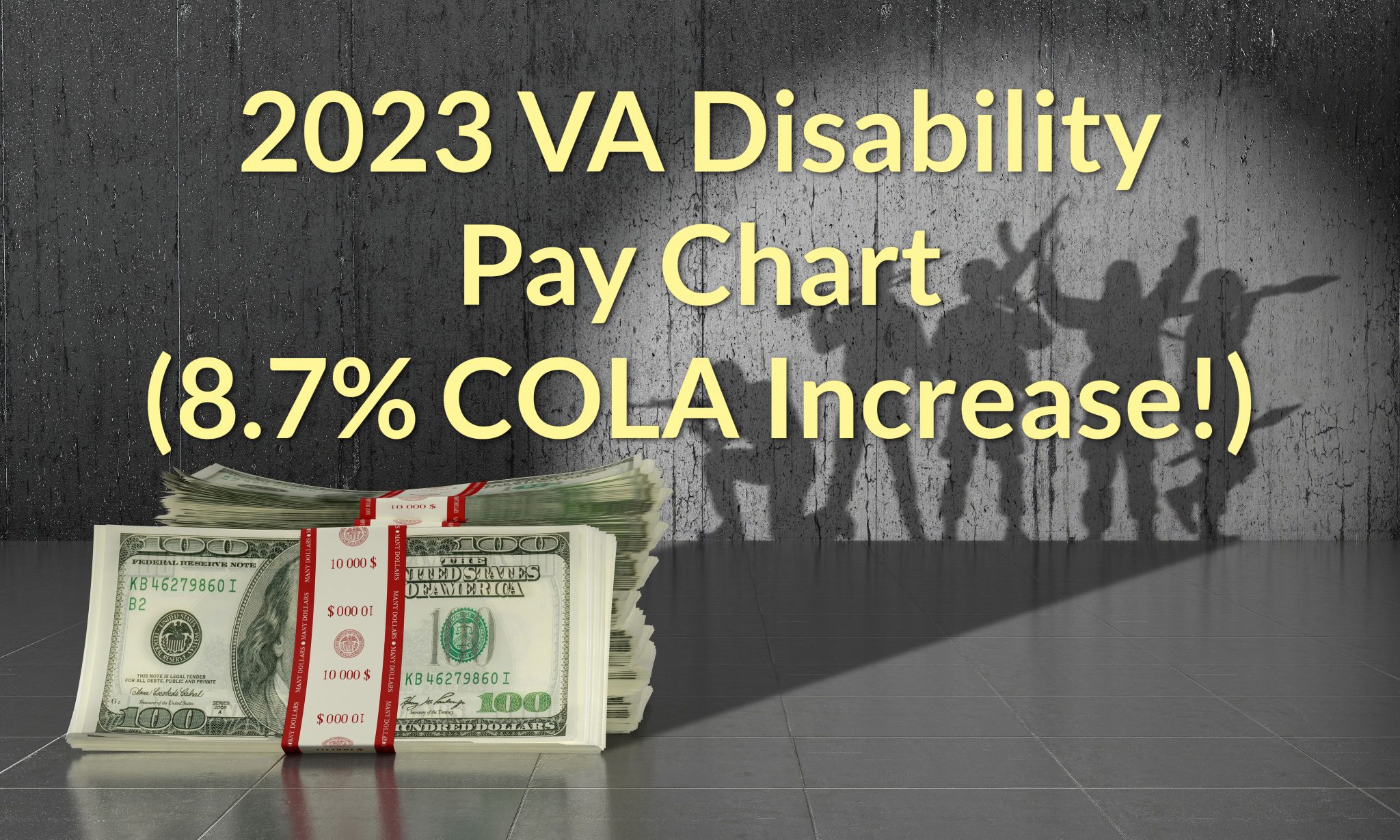The term "60 days in compensation" resonates deeply within various industries, particularly in the realms of employment and contract negotiations. It signifies a pivotal period where employees, employers, or contractors might find themselves in discussions regarding recompense or benefits. Understanding this concept can be crucial for many, as it often determines the financial state and job satisfaction of individuals involved. This article delves into the intricacies of "60 days in compensation" through various perspectives, shedding light on its implications and relevance.
The idea of "60 days in compensation" not only impacts those who are currently employed but also those who are entering the job market or transitioning between roles. This time frame allows for significant interactions regarding salary negotiations, contract reviews, and even dispute resolutions. It serves as a buffer period where parties can assess their positions, explore their options, and come to amicable agreements that benefit all involved.
As we navigate through this exploration, we will examine the various aspects of "60 days in compensation," including its historical context, case studies, and potential future trends. Whether you are an employee seeking clarity on your rights or an employer looking to foster a positive work environment, understanding this concept can lead to better outcomes for everyone.
What Does 60 Days in Compensation Mean?
The term "60 days in compensation" refers to a designated period, typically within employment contracts or negotiation frameworks, where discussions about pay, benefits, or compensation adjustments take place. This period is crucial for both employers and employees as it sets the stage for potential changes in financial agreements.
How Does 60 Days in Compensation Affect Employees?
For employees, the "60 days in compensation" period can be a double-edged sword. On one hand, it provides an opportunity to negotiate better pay or benefits. On the other hand, it can also create uncertainty and anxiety about job security. Understanding the implications of this timeframe is essential for employees to make informed decisions about their careers.
What Should Employers Consider During This Period?
Employers need to approach the "60 days in compensation" period with a clear strategy. Key considerations include:
- Assessing current market trends for salaries and benefits.
- Understanding the needs and expectations of employees.
- Preparing for potential negotiations and disputes.
- Ensuring transparency in communication to foster trust.
Who Can Benefit from Understanding 60 Days in Compensation?
Understanding the nuances of "60 days in compensation" can benefit a wide array of individuals and organizations, including:
- Employees looking to negotiate their salaries.
- Employers aiming to retain talent through competitive compensation packages.
- Human resource professionals needing to navigate employment laws.
- Contractors and freelancers seeking clarity on payment terms.
Are There Legal Implications Associated with 60 Days in Compensation?
Yes, there can be legal implications tied to the "60 days in compensation." It's essential for both parties to be aware of relevant labor laws, contract stipulations, and any federal or state regulations that may apply. Ignoring these legal aspects can lead to disputes or even litigation.
What Strategies Can Help Navigate the 60 Days in Compensation?
To effectively navigate the "60 days in compensation," consider the following strategies:
- Conduct thorough research on industry standards.
- Document all communications for reference.
- Be open to compromise while standing firm on non-negotiables.
- Seek guidance from industry experts or mentors.
Can 60 Days in Compensation Lead to Long-Term Benefits?
Absolutely! Engaging in meaningful discussions during the "60 days in compensation" can lead to long-term benefits for both employees and employers. Successful negotiations can result in improved job satisfaction, enhanced productivity, and increased loyalty.
What Are the Key Takeaways from the 60 Days in Compensation Approach?
In conclusion, the "60 days in compensation" framework is a critical aspect of employment relationships. Whether you are an employee or employer, understanding its implications can facilitate better communication and lead to mutually beneficial outcomes. Key takeaways include:
- Recognize the importance of this period for negotiation.
- Stay informed about market trends and legal obligations.
- Foster open dialogue to build trust and collaboration.
Conclusion: Embracing the 60 Days in Compensation Philosophy
In summary, "60 days in compensation" is more than just a timeframe; it is an opportunity for growth, negotiation, and understanding in the workplace. By embracing this philosophy, employees and employers alike can create a more harmonious work environment that encourages open communication and equitable agreements.



